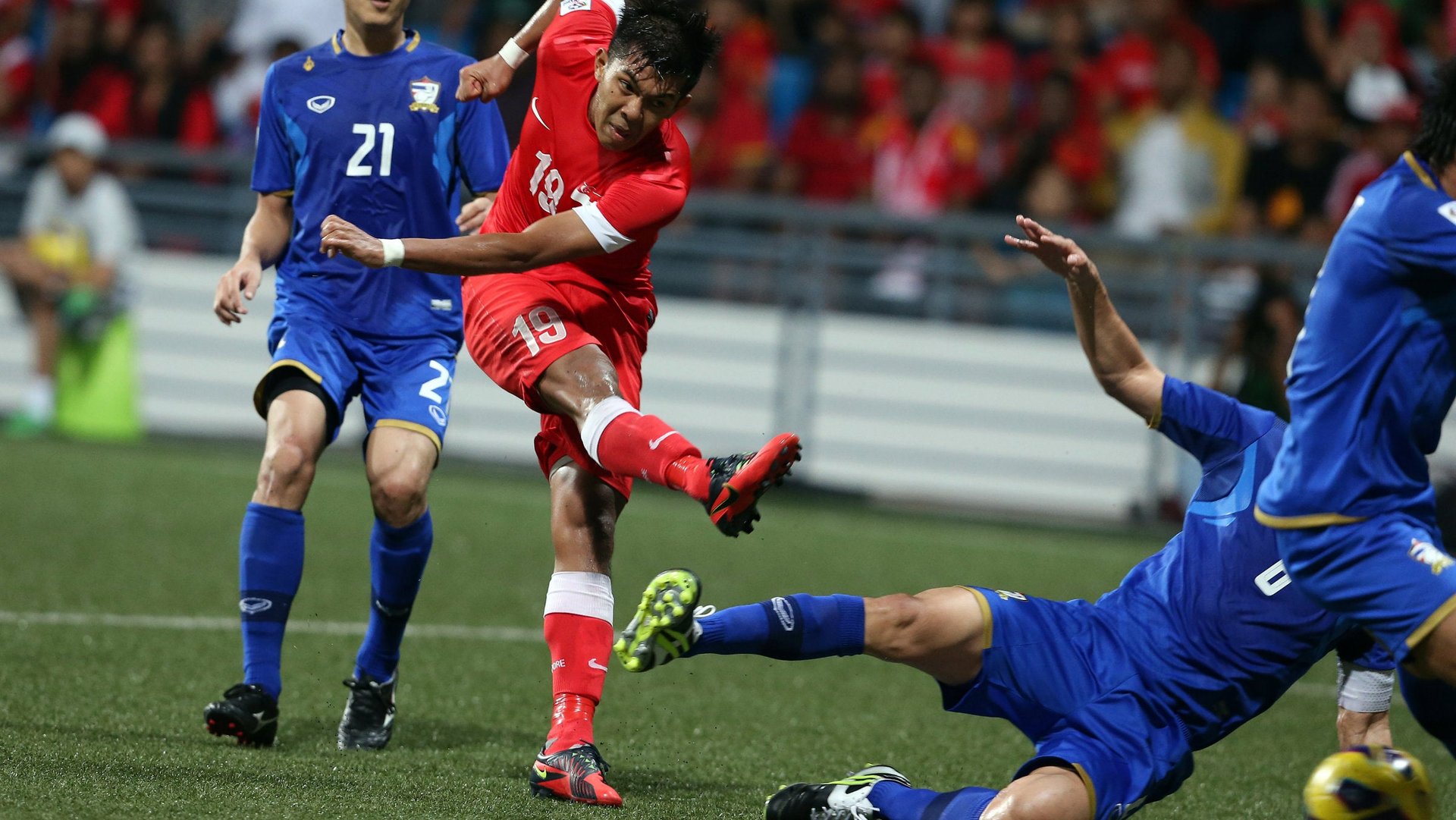A match-fixing scandal tarnishes Singapore’s squeaky-clean image
Singapore is known for being an orderly, law-abiding country, infamous for extreme penalties against seemingly small infractions like gum chewing. But it turns out that the island nation is now at the heart of what Europol chief Rob Wainwright has called: “the biggest investigation ever into suspected match fixing.” Authorities from Europol and Interpol have identified 680 matches as suspicious, with links to Singapore-based match-fixing syndicates. Wainwright revealed this month that a probe has uncovered millions of dollars, about $10.9 million in betting profits and $2.7 million in bribes to 425 officials, players and criminals.


Singapore is known for being an orderly, law-abiding country, infamous for extreme penalties against seemingly small infractions like gum chewing. But it turns out that the island nation is now at the heart of what Europol chief Rob Wainwright has called: “the biggest investigation ever into suspected match fixing.” Authorities from Europol and Interpol have identified 680 matches as suspicious, with links to Singapore-based match-fixing syndicates. Wainwright revealed this month that a probe has uncovered millions of dollars, about $10.9 million in betting profits and $2.7 million in bribes to 425 officials, players and criminals.
It’s a shocking revelation to find Singapore as a center of global crime. In 2012, Singapore was ranked as the fifth least corrupt country in the world, and other governments have been urged to look at it as a model. But this may be about to change with more allegations of corruption and scandal in recent years. In early 2012, both the former chiefs of the Central Narcotics Bureau and Singapore Civil Defence Force were arrested under graft charges. The former has been acquitted, while the latter’s trial is ongoing. A law professor at the National University of Singapore is also standing trial for allegedly having sex with a student in return for higher grades, and earlier this month it was revealed that an assistant director at the Media Development Authority is being investigated for abusing his power.
It’s difficult to pinpoint whether there is an increase in corruption in Singapore or just more media attention and better investigation procedures.
“It is unclear what led to this increase. Moreover, there have been a number of serious questions raised in those corruption cases that has cast some doubt on the investigative methods involved,” says Stephan Ortmann, a research fellow who has been studying Singapore’s political landscape. “They have evolved into a public spectacle, which Singapore has not seen before.”
When it comes to criminal syndicates, though, it appears as if Singapore’s position as a financial center in Asia has not only attracted major multinational companies, but also those with less-than-savory motives.
“This story [of match fixing] has the potential to severely damage the global reputation of Singapore as a safe and ethical financial hub in Asia,” said Jonathan Galaviz, managing director of US-based consultancy Galaviz & Co., told InterAksyon.
Commentators and investigators have pointed out that match fixing is nothing new; over the past decade there have been match-fixing scandals in countries like Germany, Finland, Canada and Bulgaria. And it’s big business: FIFA, the governing body of soccer, estimates that crime syndicates take in as much as $15 billion a year from match fixing.
This is also not the first time Singapore has been linked to match fixing, albeit not on such a scale. In 2011, Singaporean Wilson Raj Perumal was arrested in Finland and convicted of match fixing. However, his arrest was apparently only the tip of the iceberg; he identified Singaporean Chinese Dan Tan as his financier and the mastermind of a global match-fixing syndicate. While Singapore’s police force has been cooperating in investigations, it says that there is not enough hard evidence to arrest him.
However, with more and more money pouring into the sport, the scale of such criminal activity has increased. “We do not detect it better,” said Chris Eaton, director of sport integrity at the International Centre for Sport Security, told AP. “There’s just more to detect.”